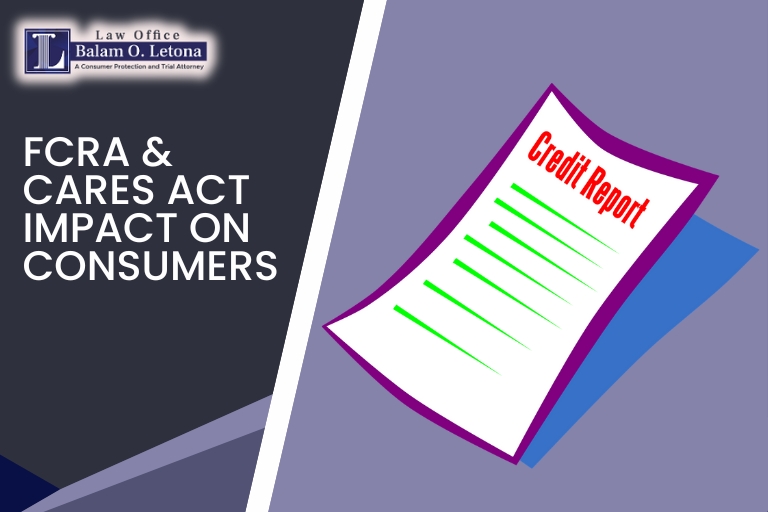
In the case of Craig Mirabile v. Bank of America National Association, the plaintiff, Craig Mirabile, brought suit under the Fair Credit Reporting Act (FCRA), alleging that Bank of America provided false information to credit reporting agencies and failed to reasonably investigate his dispute. The court allowed the FCRA claim to proceed and found the following facts persuasive to not dismiss the FCRA claim:
- Existence of an Accommodation Agreement: Mirabile plausibly alleged that he entered into an oral agreement with a Bank of America representative to defer past-due payments to the end of the loan term. This alleged agreement was crucial because, under the FCRA as amended by the CARES Act, if a furnisher (like Bank of America) makes an accommodation and the consumer makes the payments (or is not required to make payments due to the accommodation), then the furnisher is obligated to report the credit obligation or account as current.
- Inaccuracy in Reporting: Mirabile alleged that despite the accommodation agreement, Bank of America reported his mortgage loan as delinquent, which he contended was inaccurate. This alleged inaccuracy in reporting formed the basis of his FCRA claim.
- Unreasonable Investigation: Mirabile also plausibly alleged that Bank of America’s investigation into his dispute was unreasonable. He contended that a reasonable investigation would have revealed the existence of the accommodation agreement and corrected the inaccurate reporting. The court found that without the details of the notice sent to Bank of America by the credit reporting agencies and the scope of Bank of America’s investigation, it was not clear “beyond question” that Bank of America’s investigation was reasonable.
- Willfulness: Although a violation of § 1681s–2(b) alone does not establish that Bank of America acted willfully, the court found that Mirabile plausibly alleged that Bank of America acted knowingly in violation of its duties. This was based on the inference that if Bank of America reviewed Mirabile’s account after receiving notice of the dispute, saw the COVID-19 accommodations, and did not correct the report of delinquency, then Mirabile plausibly alleged that Bank of America acted willfully.
The case is Mirabile v. Bank of America, National Association, Case No. 23CV1719, U.S. District Court, N.D. Illinois.






